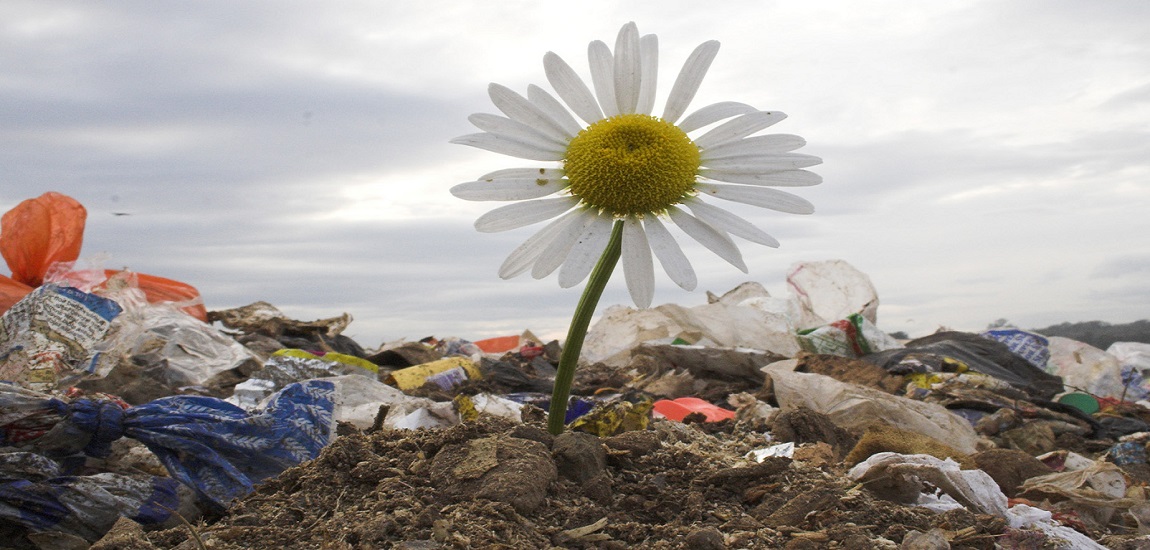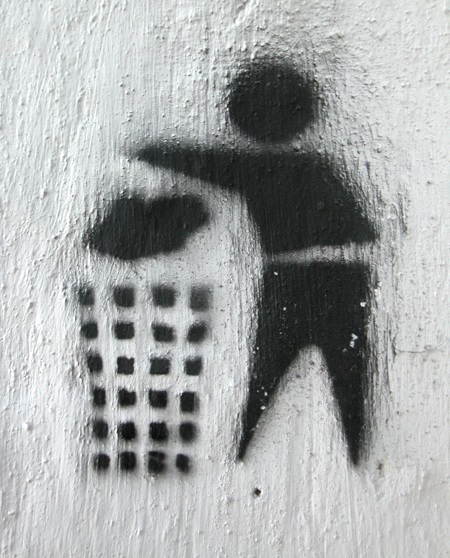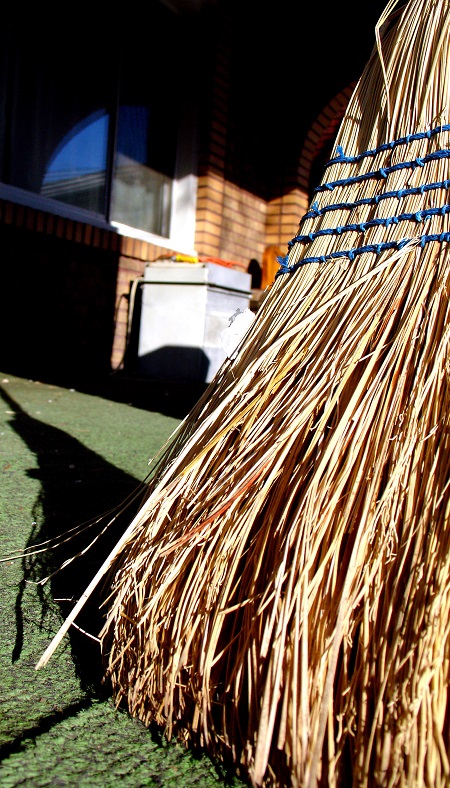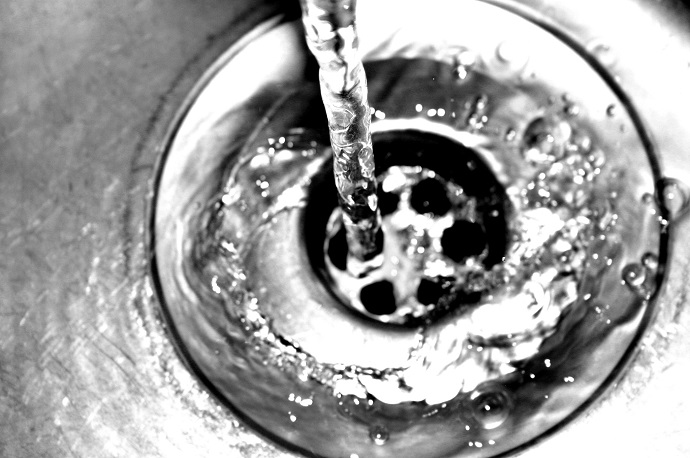Sneaky Little Tips for Sustainable Spring Cleaning

Spring cleaning is a thoroughgoing cleaning of a house, typically undertaken in spring which means that it’s time to scrub away the dirt and reinforce the fresh feeling to welcome the summer. That means use of cleaners – for instant spotless and sparkling house which we’ve all been told to and hard to break habit, and going all out, paying different kinds of cleaner to the different parts of the house. This results now to higher bills on water, electricity, and most especially resources. But did you know that there are some saving tips to do for spring cleaning? Yes, you heard it, here are some simple tips that can help save energy and money.
1. Wasting cleaning products should be evaded. Make sure that you have read the products and use the recommended amount. This does not mean that you will end up with a cleaner item. Like for instance, if you have a high efficiency washing machine, using too much of the detergent may leave residues which will require a second cycle to remove.
2. Reduce unnecessary waste. After using cleaning products that you are unable to empty, give it away or use it all rather than throwing it away. If you must dispose a cleaning product read the label and follow the directions. However, if there are no special disposal instructions on the label then think about how you will use the product.

One of the example is the water soluble products which are mixed with water for cleaning can be flushed down the drain with running water like laundry and dishwashing detergents, multi-surface cleaners, bleaches, disinfectant cleaners, liquid metal cleaners, drain openers, and toilet bowl cleaners.
The powders should be discarded in small quantities for them not to form lumps in the drain causing the use of water just to dissolve the lumps. Further, solid cleaning products, such as bar soaps, toilet bowl cleaners and soap scouring pads, can be safely disposed of in the trash.
If you have queries on products that you are not sure on how to dispose such as oven cleaners, crystal drain openers, and furniture polishes, better call the manufacturer’s toll free number.
In addition, try using concentrated refills to lessen the waste and effect to the environment.
3. Turn off the water tap between tasks to reduce water and energy use. Wash full loads when working on your laundry or running the dish washer. Also, set the dishwasher to air dry to save energy to on heating or drying the dishes using the appliance.
4. When buying laundry products, choose the one which is high-efficient to reduce water and energy use. Make sure that you use a lower water temperature as possible. Then save energy by hand-drying them. Further, instead of drying your laundry in the dryer, install a clothesline in your backyard and let the sun and wind do all the hard work. In case of using dryer, do not leave the clothes there, it will cause your clothes to have crumples and will need ironing.
5. Sweep your floors regularly for less mopping. That means lesser water and cleaning products use.

6. Use reusable cloth. Practice on using old towels t-shirts instead of rolls and rolls of paper towels. When you’re done, simply toss them in the washing machine and they’ll be good as new. You’ll even be able to use them for spring cleanings to come.
7. Water is significant when it comes to cleaning that is why we need to conserve it. Try to be aware of how much water you are using and how much you actually need. Fix leaky faucets and pipes. When watering your lawn, opt for grey water or rainwater. On average, a family uses about 30% of its water on the lawn or garden. By using grey water, not only will you be conserving water but also saving money.

8. Use environmental friendly cleaners. Look for products that are labeled biodegradable or ecofriendly. Try to elude yourself to cleaners containing phosphates because it contributes to algae blooms if they get into rivers, lakes, or streams.
Now, that you have this sneaky little tips, it’s time for a happy spring cleaning!